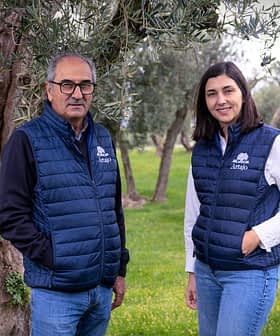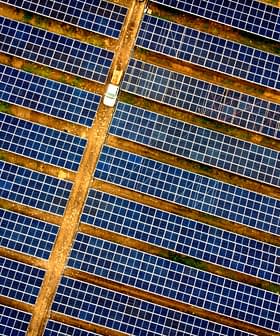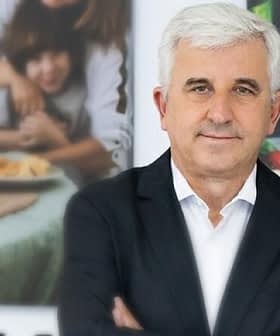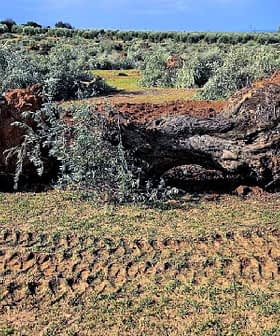New Deoleo CEO Inherits Legal and Financial Challenges
Cristóbal Valdés was appointed as the new chief executive of Deoleo in September, replacing Ignacio Silva, with a vision to strengthen the company’s market position and prioritize employee well-being. Despite facing financial challenges, including a recent court ruling resulting in a credit rating downgrade from Moody’s, Deoleo remains operational and is working with its advisors to appeal the decision to the Italian Supreme Court.
As 2025 gets underway, the recently appointed chief executive of the world’s largest olive oil bottler faces significant headwinds.
Deoleo’s board of directors named Cristóbal Valdés as its new chief executive in September, replacing Ignacio Silva, who was appointed to the role in 2019.
Valdés formally took charge of the company at the end of November, with Silva transitioning into a non-executive role as president and chairman of the board.
“I am honored to join Deoleo as its CEO,” Valdés wrote on LinkedIn. “My vision is clear: to strengthen our market position and remain at the forefront of innovation while prioritizing the well-being and growth of our employees.”
See Also:Deoleo North America CEO Says Sustainability is Key to Growing Olive Oil SectorValdés, who holds a law and economics degree from the University of Deusto and a Master’s in Business Administration from IE Business School, started his professional career as a product manager for the supermarket chain Carrefour.
He continued to climb the corporate ladder, working as an international product director for France-based ADEO Services before becoming the chief executive of maritime logistics firm Bergé Marítima and later the boss of Europe’s second-largest canned food producer, Jealsa.
Valdés currently serves on the board of directors of Meliá Hotels International, providing the seasoned executive with a wide range of pertinent experience for his new position.
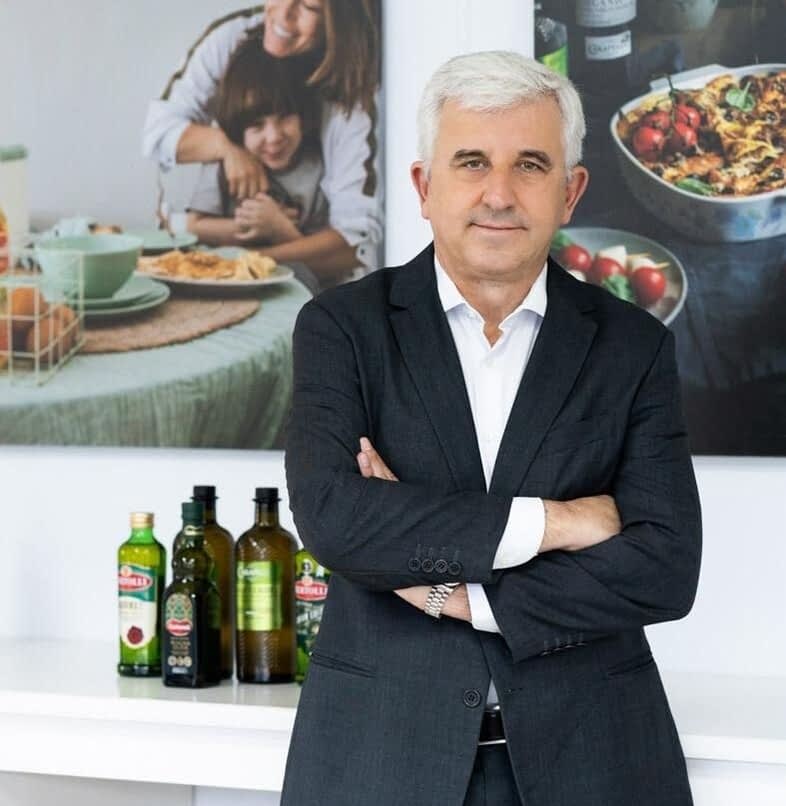
Valdés brings decades of experience in food packaging, hospitality and international product management to Deoleo. (Photo: Cristóbal Valdés via LinkedIn)
While Silva told La Vanguardia earlier this year that Deoleo is in a much stronger financial position than when he was appointed, the company has faced a series of setbacks throughout the second half of 2024.
Silva expects the company to finish the year with about €100 million in debt, down from €572 million in 2018. According to the company, Deoleo recorded an operating profit of €500,000 in the first half of 2024 compared to losses of €10 million in 2023.
However, a recent ruling from an Italian court over a decade-long tax dispute resulted in ratings agency Moody’s downgrading Deoleo’s credit rating amid its effort to refinance €160 million of debt.
In November, a court in Milan ruled that Deoleo must pay €89 million in back taxes and interest for Italian subsidiary Carapelli Firenze SpA’s olive oil imports.
The dispute stems from a legal maneuver employed by Carapelli to import olive oil from outside the European Union through a Swiss subsidiary to be later bottled in Italy and re-exported outside of the E.U.
Switzerland is not a member state but has a free trade agreement with the E.U.
Deoleo said it understood this practice to fall within a European customs law exemption, allowing it to avoid paying tariffs on olive oil imports.
However, Italian customs officials disagreed and opened a case against Carapelli in 2014. Deoleo has appealed the ruling, and the company’s legal advisors are assessing the chances of success to determine how this may affect its finances.
In the meantime, Moody’s downgraded the company’s credit rating from B3, which is “subject to high credit risk,” to Caa1, making it a “bond of poor standing” with a negative outlook. It also downgraded the rating of the €160 million loan, which matures in June 2025.
The Moody’s analyst responsible for the rating said the change “reflects the risks related to the unfavorable ruling received from the Italian court… If this decision is upheld, it has the potential to weaken Deoleo’s financial profile.”
The analyst added that this could complicate Deoleo’s ongoing efforts to refinance its 2025 and 2026 debt maturities, which could have a “material impact on the group’s financial profile and liquidity.”
However, Deoleo said the ruling “has had no impact on the group’s financial operations, which continues to operate its business and meet its commitments as normal.”
The company added that it had notified it notified its two major shareholders, CVC and Alchemy, who remain supportive and expressed confidence in the group’s strategy to refinance the debt.
“Relevant shareholders have expressed their support for Deoleo, and the company’s legal team is working with its advisors to request a stay of execution of the ruling and to appeal it to the Italian Supreme Court,” Deoleo told Spain’s financial regulator.



